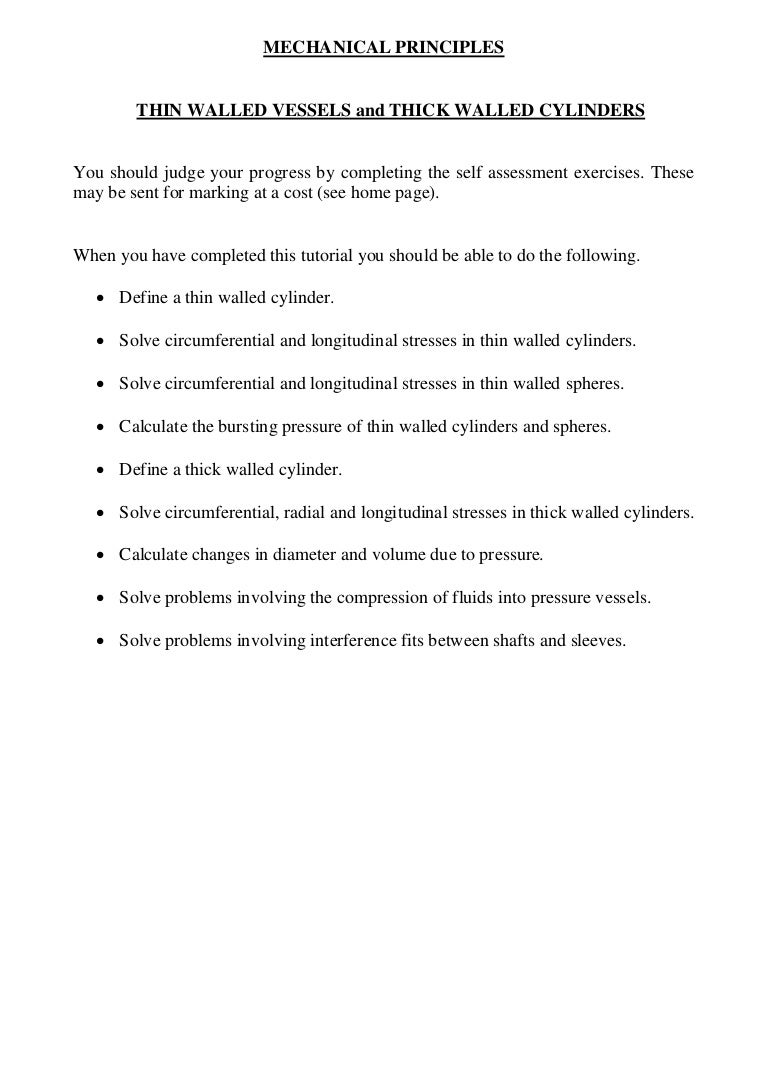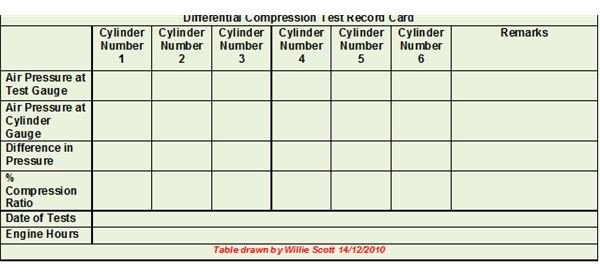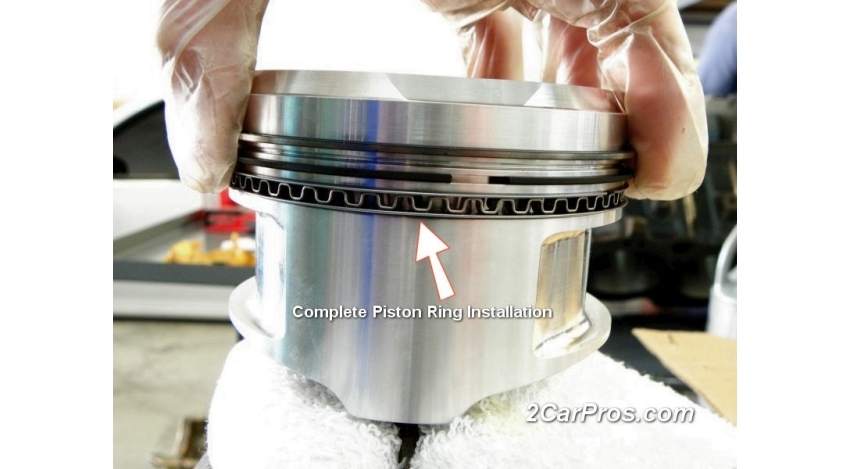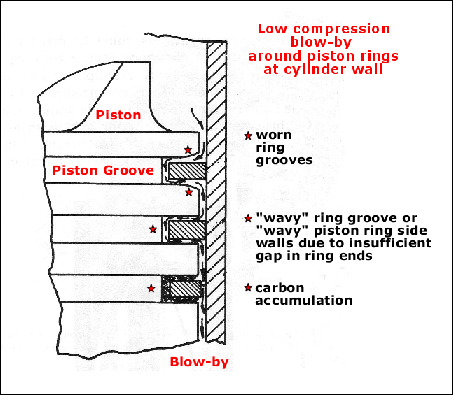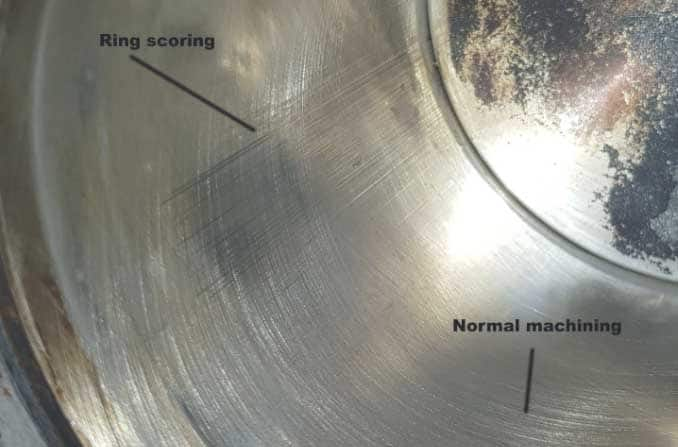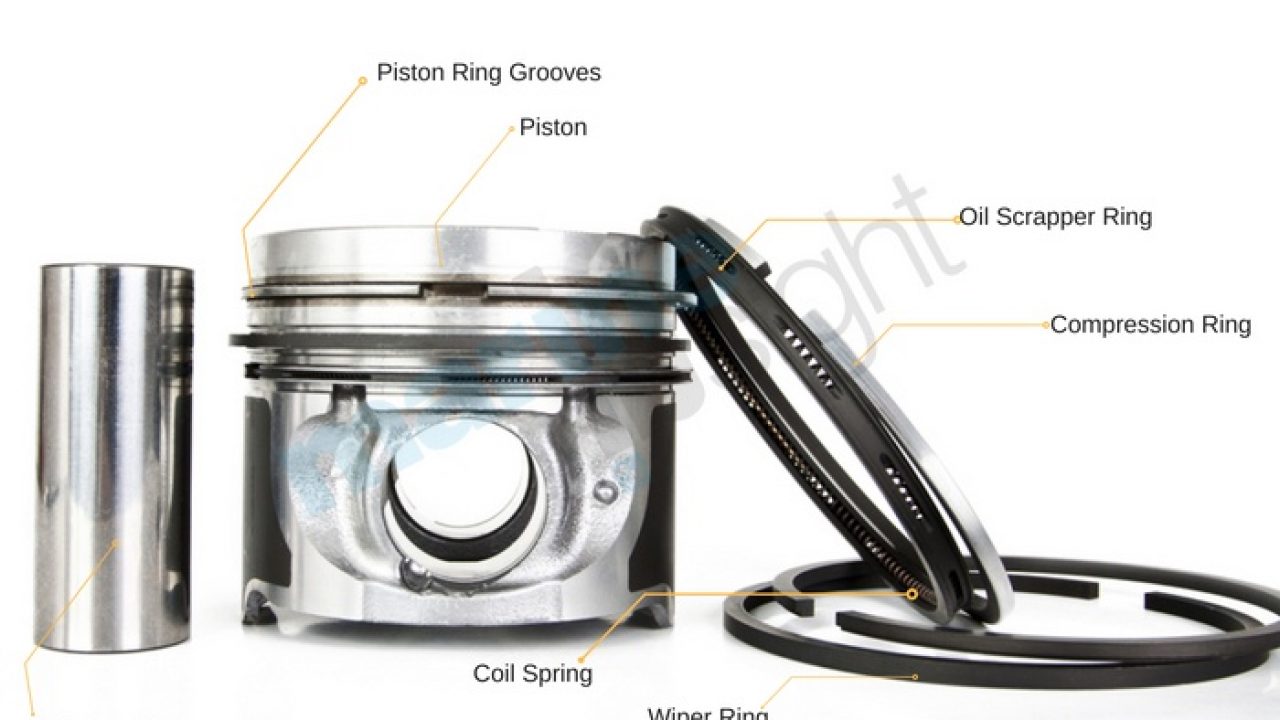The most desirable situation is that all cylinders give the same or close to the same reading. As a general rule a compression of 135 psi or better is excellent.

How To Do A Compression Test Are Your Cylinders Slacking Off
Compression difference between cylinders. A compression test uses the engine turning to generate the compression in the cylinder for the compression stroke in which both intake and exhaust valves are closed. An outboard gas engine needs air fuel spark compression and unobstructed exhaust in the right amounts and at the right time. A zero reading at idling speed after a 22 reading at high speed indicates worn piston rings. Thats the volume of the cylinder when a piston is. The regular engine compression test uses a single gauge and measures the maximum instantaneous compression built by that cylinder. Furthermore that reading should be above 135 psi.
A compression ratio is exactly what it sounds likea ratio where youre compressing the maximum cylinder volume into the minimum cylinder volume. If the needle drifts between 5 and 19 there may be a leak at the cylinder head gasket. Its more a relative issue to the given hours on the engine and the loss of compression. A 91 compression ratio cylinder is compressing the air and fuel mixture to about 132 psi at sea level 9x1471323. Similarly a compression of 85 psi or lower is extremely bad. Atmospheric pressure at sea level is approximately 147 psi.
When the needle drifts between 5 and 19 the cause may be a compression leak in the cylinder head gasket between two or more cylinders. Between cylinders indicates that the lower compression cylinder is in some way defective such as worn or sticking piston rings andor scored piston and cylinder. Rather it is more about measuring the pressure differences between cylinders under the same test conditionstypically to help diagnose a problem. Ie a 20 year old engine with 5 difference isnt bad a 10 difference isnt great but okay and a 15 difference should be examined. How much varience allowed between cylinderss compression. As the piston travels up and down in the cylinder the piston rings seal against the cylinder wall so the airfuel mixture can be compressed at the top of the cylinder on the upstroke.
A compression test is not really about measuring the pressure itself to determine the health of the engine. According to my mercury service manual variation of more than 15lbs per sq in.
